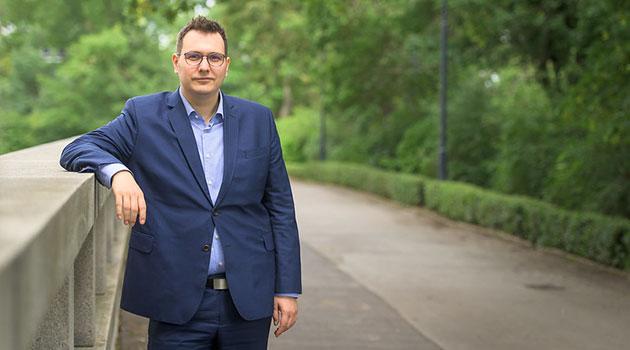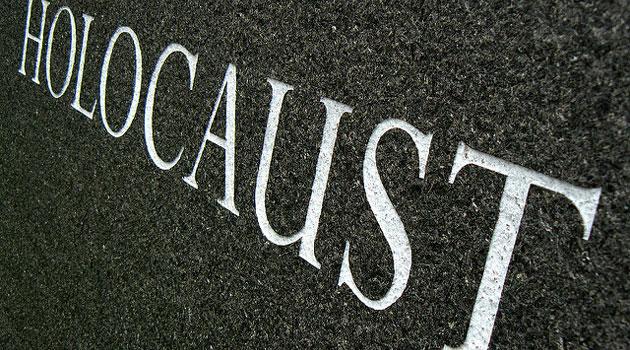Czech Foreign Minister says a national strategy to combat antisemitism is in the works and Romani people also face hatred online

The Czech Foreign Affairs Ministry, the Czech Interior Ministry, other ministries and Jewish organizations are preparing a national strategy to combat antisemitism. It will focus on education, on the fight against hate speech on the Internet, and on legislation.
Czech Foreign Minister Jan Lipavský (Pirates) made the announcement in a video post commemorating the Day of Holocaust Remembrance. “Remembering the tragedy of the Holocaust and bearing witness to it teach us to better recognize dangerous tendencies that turn toward terrible ends,” the chief diplomat said.
According to Lipavský, research on antisemitism and extremism in the Czech Republic shows the country has a relatively low number of recorded incidents with an antisemitic subtext. “We can be proud of that, but even here the amount of speech and other forms of racial intolerance on the Internet is rising. This also applies to the Romani minority,” the minister added.
The emergence of a new national strategy is being justified by this increase. The Czech Republic will host an international conference in November following on from the Terezin Declaration on Holocaust Era Assets and Related Issues, Lipavský added.
The Czech Republic will be chairing the Council of the European Union at that time. The declaration was approved during the Czech Presidency of the EU in 2009 by a total of 47 countries.
The American Chargé d’Affaires in the Czech Republic Jennifer Bachusová gave remarks at the Foreign Ministry on the Day of Holocaust Remembrance in which she praised the Czech decision to hold the conference. She noted that antisemitism takes many forms.
“Together we must avert all of its forms. This requires the cooperation of society as a whole, as well as international cooperation,” she said.
“Let’s not forget a single Holocaust victim. Let’s take strong action against antisemitism, racism, xenophobia and all kinds of hatred in our world today,” Bachus added.
The Day of Holocaust Remembrance commemorates 27 January 1945, when the Auschwitz Concentration and Extermination Camp in Nazi-occupied southern Poland was liberated. Between 1940 and 1945, 1.1 million people, mostly Jews, died in Auschwitz.
Among the Auschwitz prisoners were 50 000 Czechoslovak citizens, of whom about 6 000 survived. The Nazis murdered six million people of Jewish descent during World War II.
From all over Czechoslovakia, where communities of Jewish people had numbered 350 000 people in the interwar period, 250 000 Jews died during the Holocaust. Auschwitz also included what was called the “Gypsy Family Camp“, which existed for 17 months from February 1943 to July 1944.
That camp housed 23 000 children, men and women. Approximately 21 000 Roma and Sinti prisoners perished there.
Other Romani people were murdered in other concentration camps, especially in Bełżec, Chełmno, Majdanek, Sobibór and Treblinka. Others, of a number difficult to estimate, were shot and buried in mass graves in various woodlands.
Nazi Germany’s annihilation policy is estimated to have killed up to half a million Roma and Sinti across Europe. Some estimates put the number at 800 000, anywhere between one-quarter to one-half of the interwar population of Roma and Sinti in Europe.
